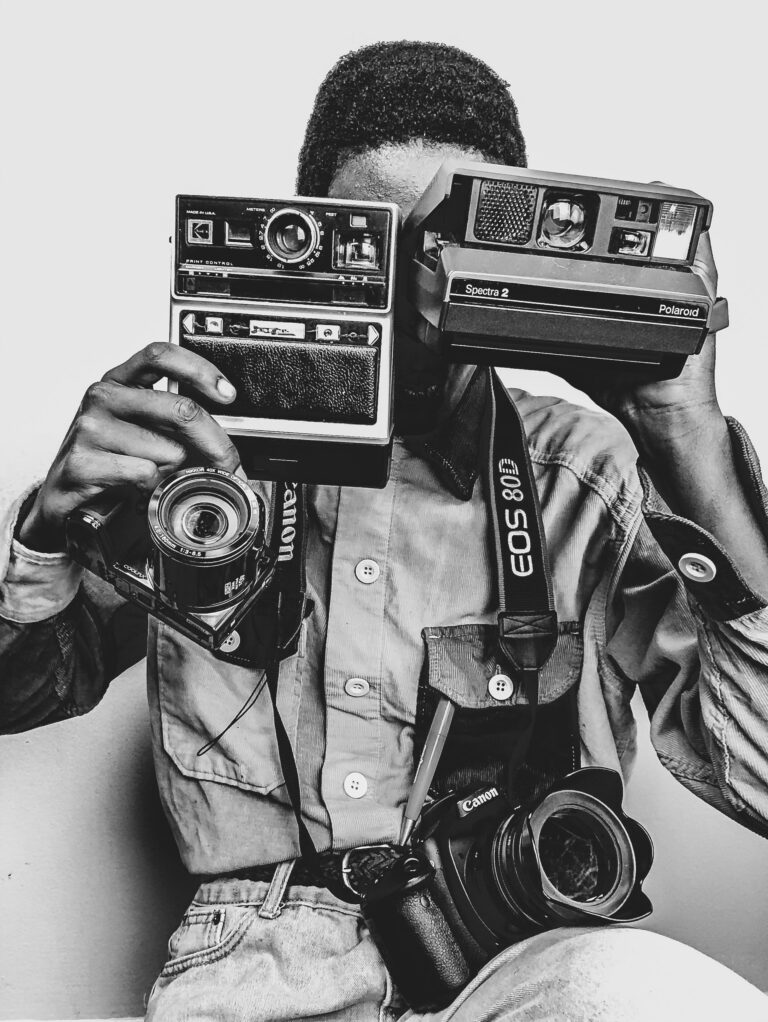The Art of Storytelling & Why You Should Share Your Story
At Sage Collective, we believe that everyone should feel empowered to express their unique voice. Storytelling is one of the best ways to do so while supporting vibrant living, and, has the power to inspire those exposed to it. Today, we’re highlighting the value behind the art of storytelling and why you shouldn’t hesitate from sharing your own story.
The art of storytelling is a valuable tool used by numerous cultures across the world for thousands of years. Throughout history, humans have found various ways to translate their emotions and experiences through ever-changing forms of communication. From cave drawings to spoken word to cinematography, there are countless ways we have been able to tell our stories.
Finding Your Voice
As we’ve mentioned, sharing your story is a powerful tool that can heal trauma, create empathy, and even help those exposed to it. However, before you can tell your story, you must find your voice.
You might be asking what this means. In simple terms, discovering your voice means that you know the value behind your story. You want others to be able to hear what you want to say, and through this desire, confidence rises, and you are allowed more freedom to express yourself through whatever means.
Finding your unique voice and sharing your story can be a daunting but rewarding challenge. One of the best ways of articulating your story is through writing or journaling. Writing is a powerful form of self-expression and allows you to communicate your voice through written word. If writing isn’t your forte, try drawing or even scribbling.
No matter what method you use for storytelling, it’s key to remember that your voice matters. Continue to listen to yourself, be authentic and look for meaning in everything you do. You have the right to express yourself, and by doing so, you could have the power to inspire others.


